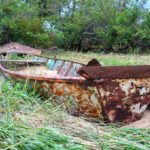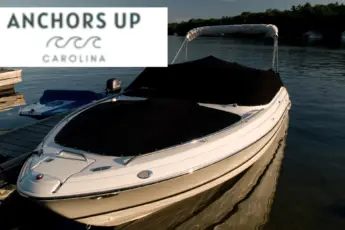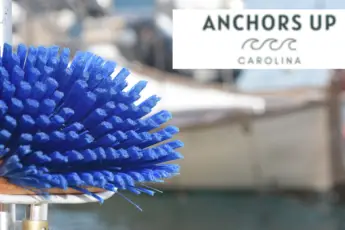Many recreational boaters would consider the time spent on the water as party time. Fun in the sun is often associated with drinking alcohol. Additionally, the North Carolina coastline and lakes have waterfront bars with docks to tie up and indulge in tropical drinks. However, for your safety, your family, and guest’s safety, it’s essential to understand the boating alcohol laws in the state of North Carolina.
How Much Alcohol Can Be Consumed By The Operator When Boating In North Carolina?
To be punished by law, an arrest would be made for boating under the influence with a blood alcohol of 0.08 or greater. When it comes to NC boat laws drinking in access should not be taken lightly. Same goes for South Carolina boating laws alcohol and Georgia boating laws alcohol.
What types of vessels do the boating laws pertain to?
- Motorized boats
- Nonmotorized vessels
- Water skis
- Surfboards
What Type Of Legal Action Is Taken Against Someone Convicted Of Boating Under The Influence?
The courts typically treat a BUI as a class 2 felony in North Carolina. A conviction of a class 2 felony can put you behind bars for up 60 days in addition to a $250-$1,000 dollar fine. However, this will be far more costly, add in lawyers fees too.
In 2015 a deadly boating accident occurred on Lake Norman as a result of an intoxicated boater. The victim’s family petitioned for more strict laws associated with boat operators’ alcohol convictions involved in boating-related accidents and repeated BUI’s. In 2016 the following legal actions were signed into law.
If a boater causes a severe injury to another individual, the impaired boater may face up to 41 months in prison. This is considered a class F felony.
Per North Carolina boating laws, If a boater causes a severe injury to another individual, and they have had a prior BUI conviction within seven years, a class E felony comes with 38-160 months in jail.
Should someone die as the result of a boating accident, the convicted boater faces 38-160 months in jail under a class D felony.
Based on NC boating laws when a boater who has been convicted of a BUI in the last seven years causes the death of another person, the punishment is 64-160 months in prison.
An operator who has been convicted of a fatal boat accident due to alcohol will be charged with a B2 felony if an additional fatal accident occurs again. The penalty is 94 to 393 months of time served.
In addition to time served, the courts may impose fines.
Why Is Drinking While Boating So Dangerous
The combination of environmental exposures on a boat such as the sun, vibration, noise, wind, and motion causes the operator to be subject to fatigue. In turn, fatigue can lead to decreased reaction time, vision, balance, and, most importantly, judgment. The use of drugs or alcohol plays a roll in one in five boating fatalities.
Additional Implications for Not Following Alcohol Boating Laws
As if suffering years in prison isn’t enough, here are other implications of boating beyond the legal limits of North Carolina.
Living with seriously injuring or killing another person.
Losing your driver’s license.
Damage repair of both the vessel and or property.
Medical expenses that will wipe your bank account clean.
Multiple agencies have the authority to patrol and issue arrests for driving drunk. Let us look at who these agencies are. The same agencies are in force to manage SC boating laws alcohol and Georgia.
-Fish and Wildlife Officers
-United States Coast Guard
-The Local Sheriff’s Office
Conclusion
We all want to get out on the water and have a good time. Doing so can be done safely. Like in a car, have a capable designated alcohol-free boat operator in place for the day or evening cruise in North Carolinas gorgeous waterways.
While having a designated driver is critical, alcohol can quickly impair all of those on board who are consuming alcohol. Limit the intake of beer, wine, and spirits. Excessive drinking leads to slips, falls, and the risk of going overboard.
Next time you’re out on the water, think safety. Everyone can have a great day on the boat without becoming inebriated. Follow the laws in place and avoid life-altering circumstances.








Leave a Comment
You must be logged in to post a comment.